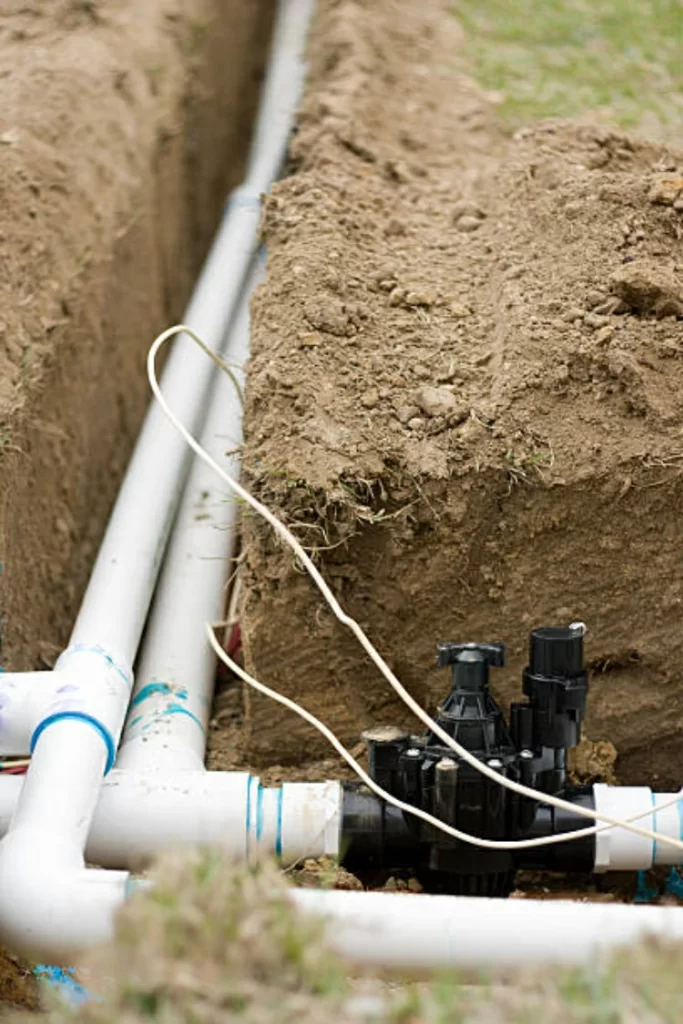Understanding the Thermal Properties of PVC Fittings
Introduction to PVC Fittings
PVC fittings, also known as Polyvinyl Chloride fittings, are crucial components in various piping systems due to their remarkable thermal performance. These fittings play a vital role in plumbing, irrigation, industrial, and HVAC applications, where exposure to a wide range of temperatures is common.
Factors Influencing Thermal Performance
Several factors contribute to the thermal performance of PVC fittings:
1. PVC Material Composition
Thermal Stability of PVC
PVC is known for its excellent thermal stability, allowing PVC fittings to withstand a wide range of temperatures without compromising their structural integrity. The molecular structure of PVC, composed of carbon and chlorine atoms, provides inherent heat resistance, making PVC fittings suitable for both hot and cold water applications.
Additives for Temperature Resistance
Additives and stabilizers can be incorporated into PVC formulations to enhance temperature resistance. These additives, such as heat stabilizers and impact modifiers, improve the thermal stability of PVC fittings, enabling them to withstand extreme temperatures without deformation or degradation.
2. Operating Temperature Range
High-Temperature Applications
PVC fittings are capable of withstanding high temperatures, making them suitable for hot water supply systems, industrial processes, and HVAC applications. PVC fitting exhibit excellent heat resistance, maintaining their structural integrity and performance even under prolonged exposure to elevated temperatures.
Low-Temperature Applications
In addition to high temperatures, PVC fitting can also withstand low temperatures without becoming brittle or cracking. This flexibility in temperature range allows PVC fitting to be used in cold water supply systems, refrigeration, and outdoor applications where freezing temperatures may occur.
3. Environmental Conditions
Exposure to External Factors
Manufacturers can add UV stabilizers and weathering additives to PVC formulations, safeguarding fittings from sunlight and outdoor elements. This ensures fittings’ long-term durability and reliability despite environmental factors affecting thermal performance.
Chemical Resistance at High Temperatures
PVC fittings exhibit excellent chemical resistance even at high temperatures, allowing them to withstand exposure to corrosive substances commonly found in industrial processes and chemical handling applications. This chemical resistance further enhances the reliability and longevity of PVC fitting in challenging environments.
Conclusion
PVC fittings offer exceptional thermal performance, making them a preferred choice for piping systems in diverse temperature conditions. The thermal stability of PVC, coupled with additives for temperature resistance and environmental adaptability, ensures the reliability, durability, and performance of PVC fitting in a wide range of applications. By understanding the factors influencing thermal performance and selecting high-quality PVC fitting, industries can achieve cost-effective and sustainable solutions for their piping needs.
IFAN is a Chinese manufacturer of plastic pipes, fittings and valves with 30 years of experience. If you are interested in IFAN copper fittings, copper valves, plastic pipes and fittings, please contact us. IFAN offers you a variety of standard pipes to meet your specific needs. Click below to learn more about IFAN’s wide range of affordable and cost-effective valve products and piping system related products.
We will reply your email or fax within 24 hours.
You can call us at any time if there is any question on our production.
For more information,pls visit our webside https://ifanpro.com/
Pls Mailto: [email protected]
Whatsapp: + 86 19857948982














Recent Comments